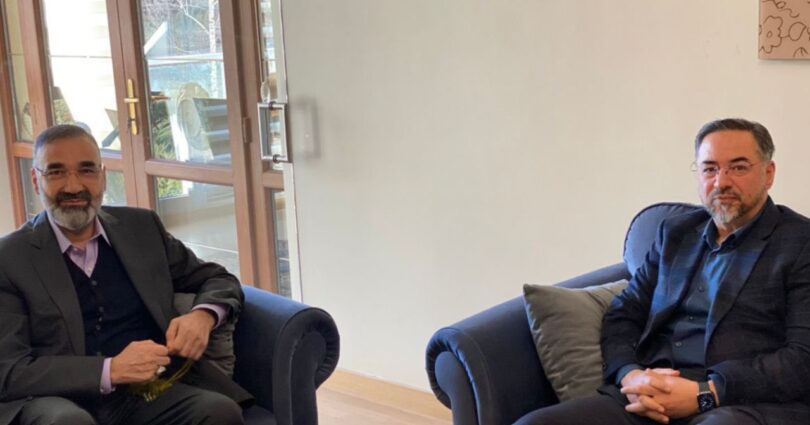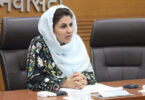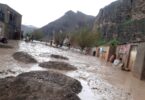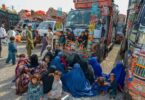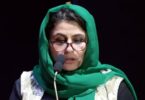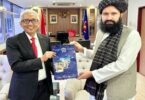Courtesy: Afghan Analyst
ANKARA: Rival leaders of Afghanistan’s divided Jamiat party, General Atta Mohammad Noor and Salahuddin Rabbani, recently surprised observers by sharing news of a ‘friendly meeting’ in Ankara on their social media accounts. The unexpected rendezvous focused on the intricate political landscape of Afghanistan, with discussions revolving around fostering harmony, mobilization, and consensus in decision-making processes. Emphasizing the imperative of reinforcing unity in the face of common adversaries, the leaders reached an agreement to continue such gatherings, hinting at a potential thaw in the factional tensions that have long plagued the party and the country.
Meanwhile, in another corner of the region, Iran’s economic diversification efforts have come into sharp focus. The country is making strides to emerge as a significant exporter of electricity and medical products, signaling a concerted shift away from its traditional reliance on oil revenues. This strategic move not only reflects Iran’s determination to navigate through international sanctions but also underscores its ambition to carve out a more resilient and diversified economy in the face of geopolitical uncertainties and economic challenges.

